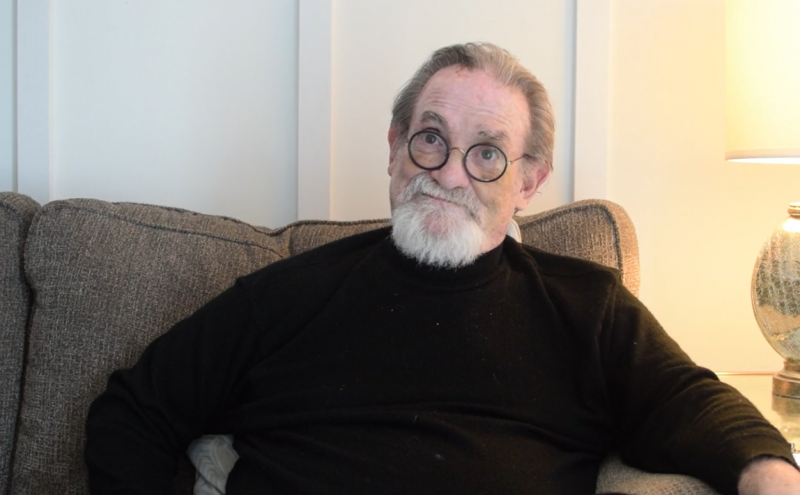Mandii and her aunt Heidi had to fight to get her dad, Rex, the care he needed to get better.

While headache is the most common symptom resulting from intracranial hypotension (or low pressure in the head) due to a spinal cerebrospinal fluid (CSF) leak, there is a wide range of neurological symptoms and complications that can affect patients. These can include everything from “brain fog” to cognitive dysfunction, memory disturbance, slowed processing speeds, mixing up letters and numbers, and a host of other difficulties—up to and including symptoms that resemble that of dementia.
Mandii’s dad Rex began complaining of headaches and was initially worked up for a diagnosis of meningitis. But his headaches continued, resisting treatment. Two years into his constant headache symptoms, a surgeon performed what turned out to be an unnecessary Chiari malformation decompression surgery. After that, Mandii’s dad quickly deteriorated. Soon, the headache was the least of his symptoms. He lost his balance easily, he was often disoriented, he couldn’t talk, he was unable to walk or control his bodily functions. Mandii took him to the emergency room countless times and saw numerous doctors and specialists over the years as he battled his symptoms. They all told her that her dad was a lost cause: he had dementia. She should put him in a home and move on with her life.
But Rex’s sister Heidi and daughter Mandii refused to accept that. Rex had periods of lucidity, weeks where he was better followed by weeks where he regressed. They knew dementia didn’t work like that. They knew that couldn’t be the right diagnosis. So they kept fighting.
Finally, Mandii and Heidi were able to have him seen by a neurologist knowledgeable about spinal CSF leak. This doctor recognized that his dementia-like symptoms might actually be from a leak, and recommended Mandii take Rex to a center where he could be evaluated by experts in the field. Tests there revealed that the doctor’s suspicion was indeed correct: Rex had a spinal CSF leak, caused by a CSF-venous fistula. Upon having surgery to address this, all of Rex’s symptoms resolved. As the video Mandii made for his medical team to present and teach at grand rounds clearly demonstrates, the difference in her dad before and after surgery to fix the leak is profound.
The most chilling aspect of Mandii and Rex’s story is that had Mandii not followed her intuition about her dad’s condition not being something progressive and irreversible, he might be in a nursing home today. Or worse.
We don’t know what percentage of patients with dementia symptoms actually have intracranial hypotension due to a spinal CSF leak, but in every patient, all reversible causes need to be considered. A contrast-enhanced brain MRI is an important part of the evaluation of patients who develop signs and symptoms of dementia. Several signs of low intracranial pressure or intracranial hypotension due to a spinal CSF leak may be seen on brain MRI. One such finding, low-lying cerebellar tonsils (lower back part of

